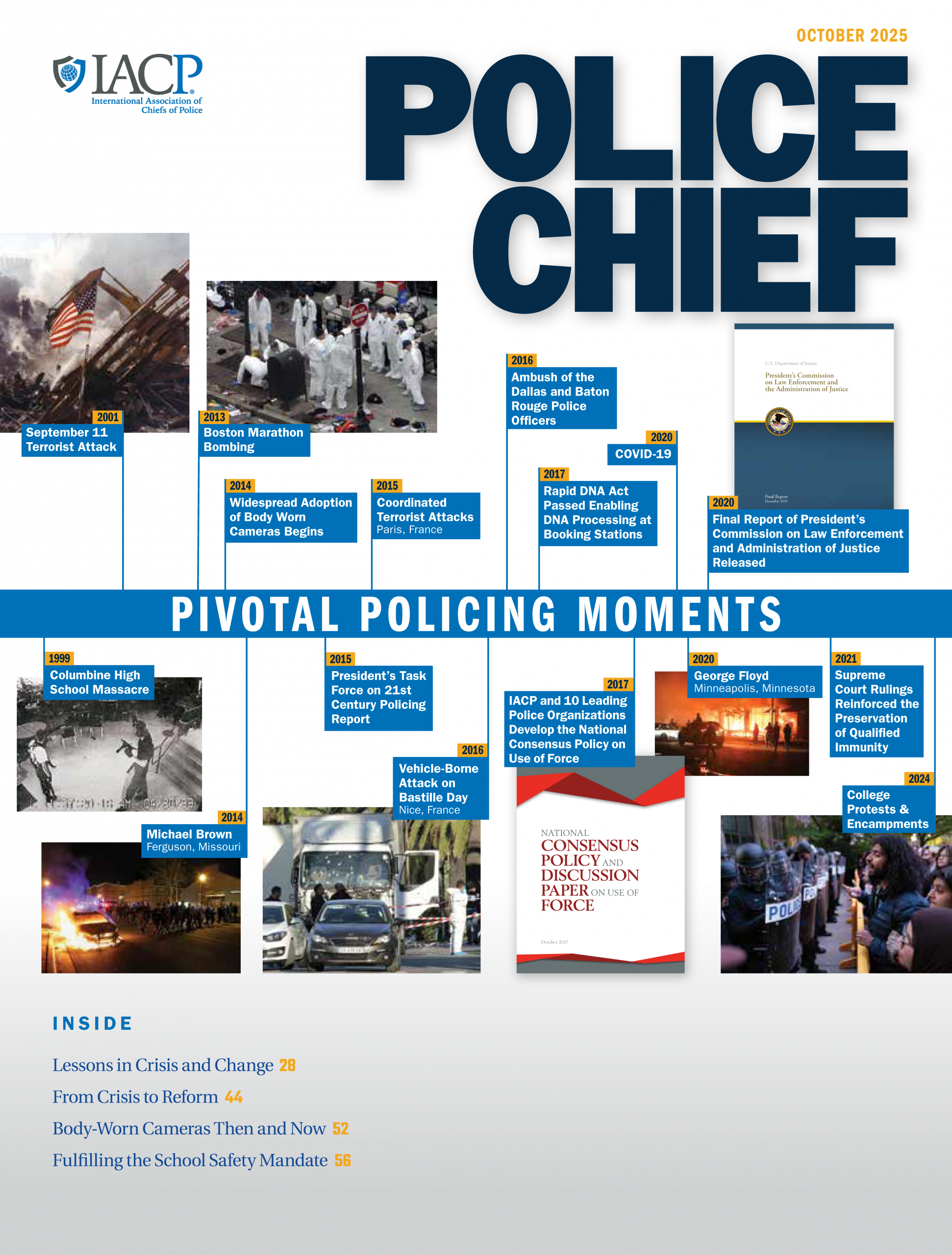
For those who grew up watching Law and Order marathons on television, solving a crime seemed so simple. A few pointed questions, a little good cop-bad cop back and forth, and within a few minutes, the criminal was singing like a canary just in time for the commercial break. In real life, however, it’s not that easy—and as frontline officers deal with increasingly complex and challenging situations, it can take years for an officer to feel comfortable interviewing suspects and asking questions. In the meantime, rookies learn on the job, and the costs associated with that ad-hoc method of training can add up quickly.
What if there was a way to shorten the training cycle, allow officers to practice their actions in difficult scenarios, and let veteran officers learn how to better deal with new situations? To many virtual reality (VR) is a cool toy for gamers, but it is also a useful training tool that can speed the learning process providing a real cost savings to law enforcement agencies.


